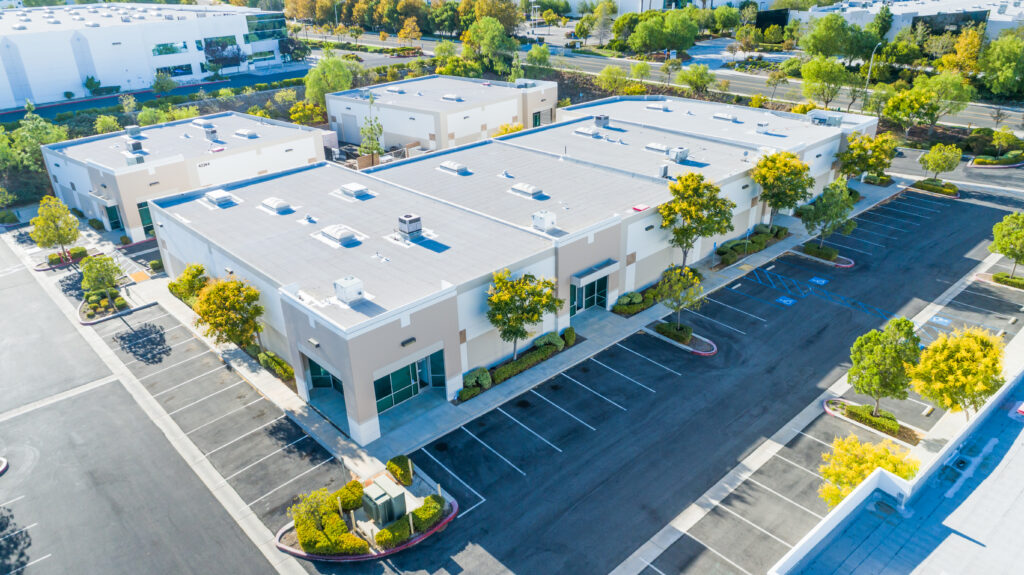Invoice Payment Spreading
Finance to help spread the cost of invoices, whilst the supplier gets paid immediately
Invoice Payment Spreading (IPS)
Invoice Payment Spreading (IPS) can aid cash flow by dividing the cost of invoices and bills over 3 to 12 months, while ensuring creditors, such as suppliers or HMRC, receive immediate payment. With its rapid application and approval process, coupled with swift access to funds, IPS can help secure supplier discounts for prompt payments, provide essential cash for seizing opportunities, prevent damage to supplier relationships due to late payments, and generally aid in managing cash flow when a fast solution is required.
YOUR PROJECT, OUR MISSION
Supporting UK businesses with access to Finance That Fits

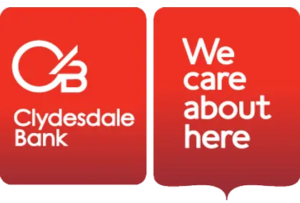




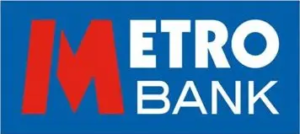





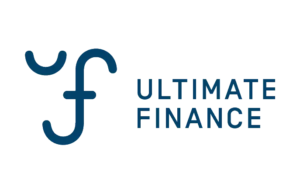

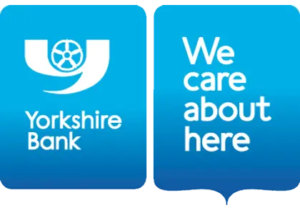

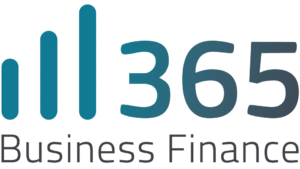
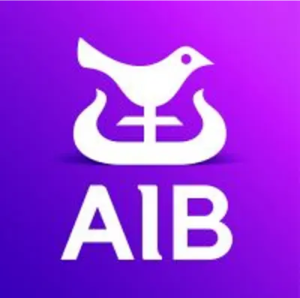

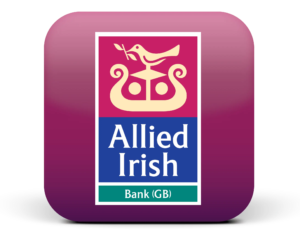



Who & what is IPS for
Invoice Payment Spreading (IPS) is a cashflow finance product type that can be suitable for businesses operating in a range of sectors. It caters primarily to limited companies that have been operating for over a year, ideally with an annual turnover exceeding £250,000.
It uniquely accommodates businesses experiencing variable cash flow, including those with seasonal trade variations, or even those facing temporary losses. Here are some examples of the types of business that could find IPS useful, supporting fluctuating financial needs and growth aspirations;
Manufacturers: Operating possibly on tight margins with fluctuating demand, manufacturers need efficient management of inventory and machinery maintenance. IPS could be particularly useful when they receive large orders requiring immediate purchase of raw materials, helping to ease cash flow strain during these critical times.
Retail (Holiday and Seasonal Goods): Businesses specialising in holiday-specific products or those experiencing a sales surge during seasons like Christmas, Halloween, or summer. These businesses face cash flow pressures due to the need to stock up on inventory before peak seasons and may struggle during quieter periods. IPS can assist by spreading the cost of inventory over several months, easing the burden during slower sales periods.
Tourism and Hospitality: Hotels, resorts, and travel agencies experience peak seasons during holidays and specific travel periods. Cash flow issues arise from seasonal fluctuations in guest numbers. During quieter times, maintaining operations can be challenging. IPS can help manage expenses during these periods, ensuring liquidity for ongoing costs.
Agriculture: Farms and agricultural businesses operate based on planting and harvest seasons. Farmers often invest in seeds, equipment, and labour at the season’s start but only generate revenue post-harvest. IPS can aid in spreading these initial costs, providing financial stability until revenue is generated.
Landscaping and Gardening Services: These businesses typically peak during spring and summer for planting and maintenance. They incur upfront costs for supplies and labour at the season’s start. IPS can alleviate cash flow strain by allowing these costs to be spread over time, aligning with incoming revenue from completed projects.
Outdoor Recreation and Equipment: Businesses such as ski resorts and camping gear retailers peak in specific seasons (winter for skiing, summer for camping). Such businesses need to invest in maintenance and inventory before their peak season. IPS can ease financial pressure by enabling these costs to be paid over several months, mitigating the impact of seasonal revenue gaps.
Food and Beverage Industry: Especially those focusing on seasonal produce or catering services in high demand during holidays and events. Seasonal produce suppliers and caterers might have uneven revenue streams, with high costs incurred during certain events or seasons. IPS can help by allowing these businesses to spread their costs, maintaining cash flow consistency throughout the year.
Event Planning and Management: Peaks around times like wedding seasons or major holidays. These businesses often pay upfront for venues, suppliers, and staff, with revenue coming in later. With IPS, the cost of these upfront expenses can be spread out, aligning better with the revenue received post-events.

Charges
Like traditional loans, factors such as the requested facility size and the borrower’s risk profile influence the costs for IPS.
However, unlike traditional loans that typically use APR-based interest, the pricing model of IPS is distinct. IPS generally applies a fixed percentage fee related to the invoice spreading duration, such as over a 3-month period.

Application process
The application process for IPS is tailored for efficiency and speed. Utilising Open Banking can facilitate safe and rapid access to essential information needed for assessing the application. While manual processes are available, leveraging Open Banking typically results in faster and more straightforward application processing.
Generally, the application for IPS is less burdensome for borrowers compared to traditional loan types, with the possibility of accessing funds swiftly, sometimes within 24 hours.
Further information
Invoice Payment Spreading (IPS) is the descriptive term we use for this type of finance solution. Although the specific product we ultimately recommend might have a similar or even the same name, in the commercial finance sector, it’s typical for different lenders to use different names for comparable products. Therefore, when reviewing this information material, the emphasis should be on the described characteristics, rather than the specific product name. It’s also worth noting that the product we ultimately recommend won’t necessarily align with all of the characteristics discussed within this information material, as our aim is to review all of your requirements and then present options that provide the best overall balanced solution.

working with lenders, for borrowers
Supporting business with Finance That Fits
Other Finance Solutions
questions
&
Answers
Yes, we charge a transparent and fair fee of 0.5% that's typically payable at the end when the loan completes, and in our opinion borrowers should be extra cautious if a broker ever offers to work without charging fee. In these circumstances the broker's income may be based solely on commissions paid by lenders, and commissions vary significantly between different lenders, so the borrower needs to be confident that the broker is not inappropriately influenced by lender commissions. It is critically important that the broker has the borrowers best interests front & centre when presenting choices and making recommendations. Our fee is modest, and if you take a look at what it represents as a portion of borrowing costs over the loan term, you'll see why we're confident it will be far outweighed by the savings we achieve for borrowers and the value of the close support and guidance we provide.
Click here to find out more.
Invoice Payment Spreading (IPS) is a financial service allowing businesses to spread invoice costs over 3-12 months while paying creditors immediately.
Invoice Payment Spreading (IPS) is the descriptive term we use for this type of finance solution. Although the specific product we ultimately recommend might have a similar or even the same name, in the commercial finance sector, it’s typical for different lenders to use different names for comparable products. Therefore, when reviewing this information material, the emphasis should be on the described characteristics, rather than the specific product name. It’s also worth noting that the product we ultimately recommend won’t necessarily align with all of the characteristics discussed within this information material, as our aim is to review all of your requirements and then present options that provide the best overall balanced solution.
make
an
enquiry



News, Views And Finance Clues






working with lenders, for borrowers
Supporting business with Finance That Fits
Other Commercial Finance Solutions
More News, Views And Finance Clues






EXPERT EVALUATION, EFFECTIVE EXECUTION
Supporting UK businesses with access to Finance That Fits




























